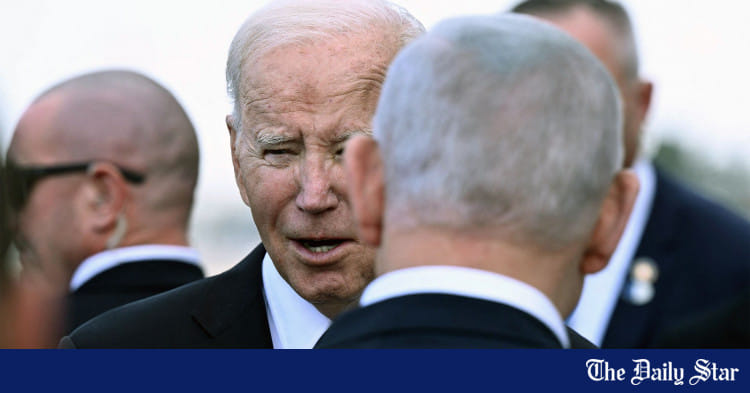


The global strategic landscape is experiencing unprecedented cascading turbulence, posing challenges for policymakers and diplomats [474da5ff]. The impact includes the need for tactical responses rather than strategic policy responses, a lack of strategic bandwidth for multiple crises, instability and unpredictability in the world order, and a deficit in global cooperation [474da5ff]. Geopolitics will continue to dominate diplomacy, foreign and security policy, potentially leading to the fracture of the world order into discrete blocs [474da5ff]. Geopolitics will also impact military aspects, with China-Russia-Iran forming an axis and the US, NATO, and EU drawing closer [474da5ff]. Major theaters of military action include Ukraine, Gaza, Taiwan, the Sino-Indian border, the Korean peninsula, and the East/South China Sea [474da5ff]. Geopolitics will also impact the global economy and trade, with escalating tensions posing a threat to the financial system and the integrity of the multilateral trading system [474da5ff]. China's slowing economy and assertiveness will affect the US, EU, Taiwan, Japan, and India [474da5ff]. Efforts are being made to lower tensions between the US and China, but China will remain a pacing threat for the US [474da5ff]. India has navigated the strategic landscape well so far but may face challenges if conflicts in Ukraine and Gaza continue indefinitely [474da5ff]. Global problems such as climate change, public health, food security, and terrorism may take a back seat to rising geopolitical tensions [474da5ff]. Geopolitics will continue to dominate, requiring agility and skill in diplomacy and foreign policy [474da5ff].
The world is experiencing a crisis of credibility in global politics, leading to geopolitical instability and uncertainty [dfff7d92]. Recent events, such as deteriorating relations between the US and China and the new Middle East war sparked by Hamas's terror attacks, are symptoms of this broader crisis [dfff7d92]. Credibility is crucial in international relations, as it determines whether states are trusted and believed in [dfff7d92]. The erosion of credibility in the international system is compounding geopolitical instability and allowing actors like competitive states, terrorists, and criminal elements to take advantage of the political vacuum [dfff7d92]. The United States and China, as the two leading powers, are competing for global leadership and the ability to shape the international order [dfff7d92]. However, doubts about the credibility of both countries are growing [dfff7d92]. The United States' credibility has been undermined by its recent foreign policy choices, domestic division, and dysfunction [dfff7d92]. China, on the other hand, is facing questions about its credibility due to its assertive foreign policy, tightened domestic political control, and negative global impressions [dfff7d92]. The credibility crisis is creating space for geopolitical swing states and shifting international alignments [dfff7d92]. Private technology companies are also playing larger roles in global politics, challenging nation-states as geopolitical actors [dfff7d92]. The erosion of credibility is also hindering international cooperation on transnational challenges like pandemics, climate change, and disruptive technologies [dfff7d92]. Both the United States and China suffer from a credibility gap, draining the global system of its credibility and legitimacy [dfff7d92]. Without restored credibility or new forms of cooperation among the great powers, geopolitical volatility and uncertainty will continue to define global politics [dfff7d92]. The world is experiencing a volatile and dangerous period, with deteriorating relations between the US and China and a new Middle East war sparked by Hamas. These events are symptoms of a broader crisis in global politics: a crisis of credibility. The international system is rapidly losing credibility as no single power is seen as willing and able to uphold the international order. This credibility gap is compounding geopolitical instability and uncertainty. Interactions between states depend on perceptions of power and credibility. Credibility allows states to turn power into influence and achieve desired outcomes. The United States, as the world's leading power, has historically relied on its credibility to uphold the international order. However, recent foreign policy decisions and domestic division and dysfunction have undermined US credibility. China, on the other hand, is positioning itself as an alternative to US leadership but faces challenges to its credibility due to its assertive foreign policy and tightened domestic political control. The erosion of credibility in both the US and China is draining the global system of its own credibility and legitimacy. This credibility crisis is leading to a global governance deficit and hindering international cooperation on urgent transnational challenges. The world is facing an unstable and uncertain geopolitical environment, characterized by volatility and uncertainty. Without restored credibility or new forms of cooperation among great powers, geopolitical instability is likely to persist. The US has a history of reversing its foreign policy decisions, which has led to inconsistency in its credibility. Despite vocalizing concerns about human rights and democratic norms, the US remains persistent in pursuing deeper ties with Bangladesh on economic and strategic fronts. However, its actions in supporting Israel while preaching about human rights and democracy have eroded its credibility and risk increased isolation on the world stage. The US' foreign policy remains inconsistent in pushing for democratic norms but consistent in prioritizing strategic interests. To reverse the damage, the US must draw practical red lines with Israel and act in clear, concrete, and consistent terms. [dce47646]